Examination of the Doctrine of Dependent Origination, the Eight Consciousnesses Theory of Mind-Only Philosophy
$17.01
Description
Research Paper (undergraduate) from the year 2017 in the subject Psychology – Psychology of Religion, grade: A, Kathmandu University (Rangjung Yeshe Institute), course: Yogachara Philosophy, language: English, abstract: The purpose of this term paper is to prove that, in the context of dependent origination, we have no control over our actions. I will attempt to name as many causes as I can and I will support my thesis in the context of Buddhist philosophy, using Buddhist texts, primary and secondary sources, reviewing the function and effects of the alaya-vijnana, the klistamanas and latent tendencies, to determine the causality of person and volition, and the lack of personal autonomy. Although it may seem that by ruling out karma all together I am undermining Buddhism as fundamentally mistaken, but I am not. I will address briefly, the soteriological application to Buddhism without karma towards the end of the essay where I consider the matter in a much broader presentation of the religion as a whole, and the Buddha’s instructions to take control of our actions. There is an apparent casual order to the universe, some apparent pattern or design – not to imply a conscious designer, but rather a reality of cause and effect. As we try to measure the contours of our reality, a reality that becomes limited in one thought and infinite in another, we often find ourselves caught between limited and infinite, trying to figure out how much of it is caused by something else and how much of it is caused by us. Pratityasamutpada, the doctrine of dependent origination, and sunyata, the doctrine of emptiness, are the two most fundamental teachings in Mahayana Buddhism. Together they teach that everything and every moment is a temporary construction that is inherently empty of any independent existence. The doctrine of dependent-origination seems to imply that reality is a culmination of factors imposing a limited moment-to-moment, framed existence. And it’s here, in this impo
Author: Baston, Andrew
Topic: Psychology
Media: Book
ISBN: 3668580251
Language: English
Pages: 28
Additional information
| Weight | 0.11 lbs |
|---|---|
| Dimensions | 8.27 × 5.83 × 0.07 in |


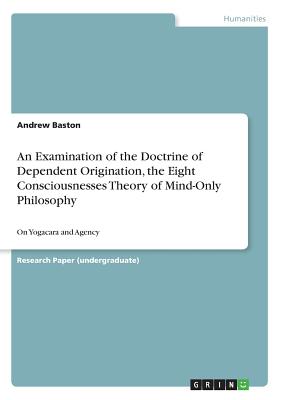
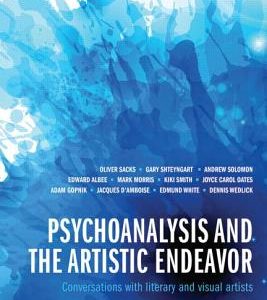

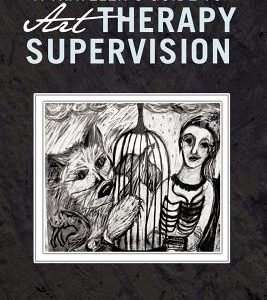


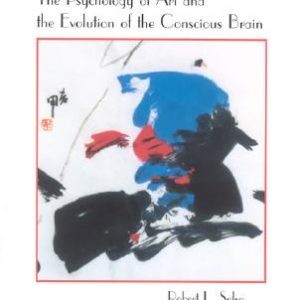

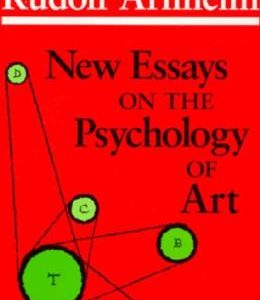



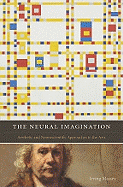
Reviews
There are no reviews yet.